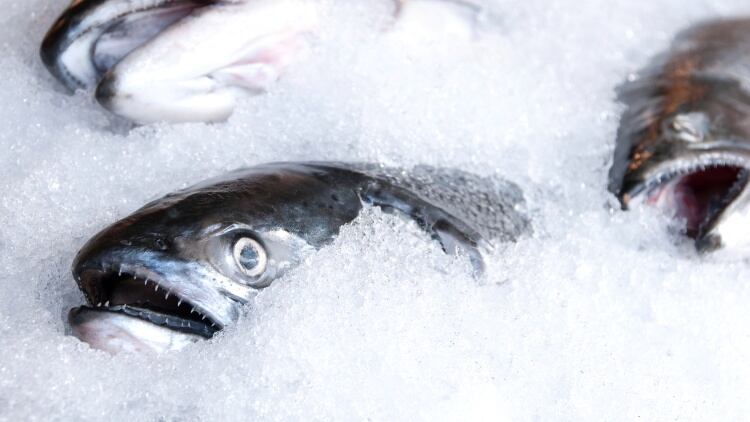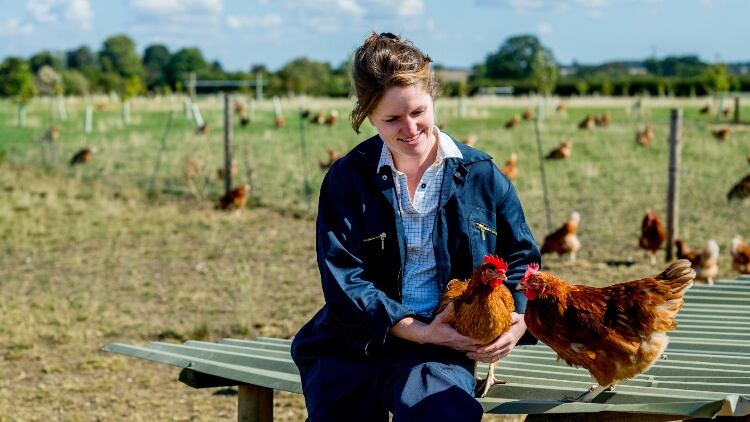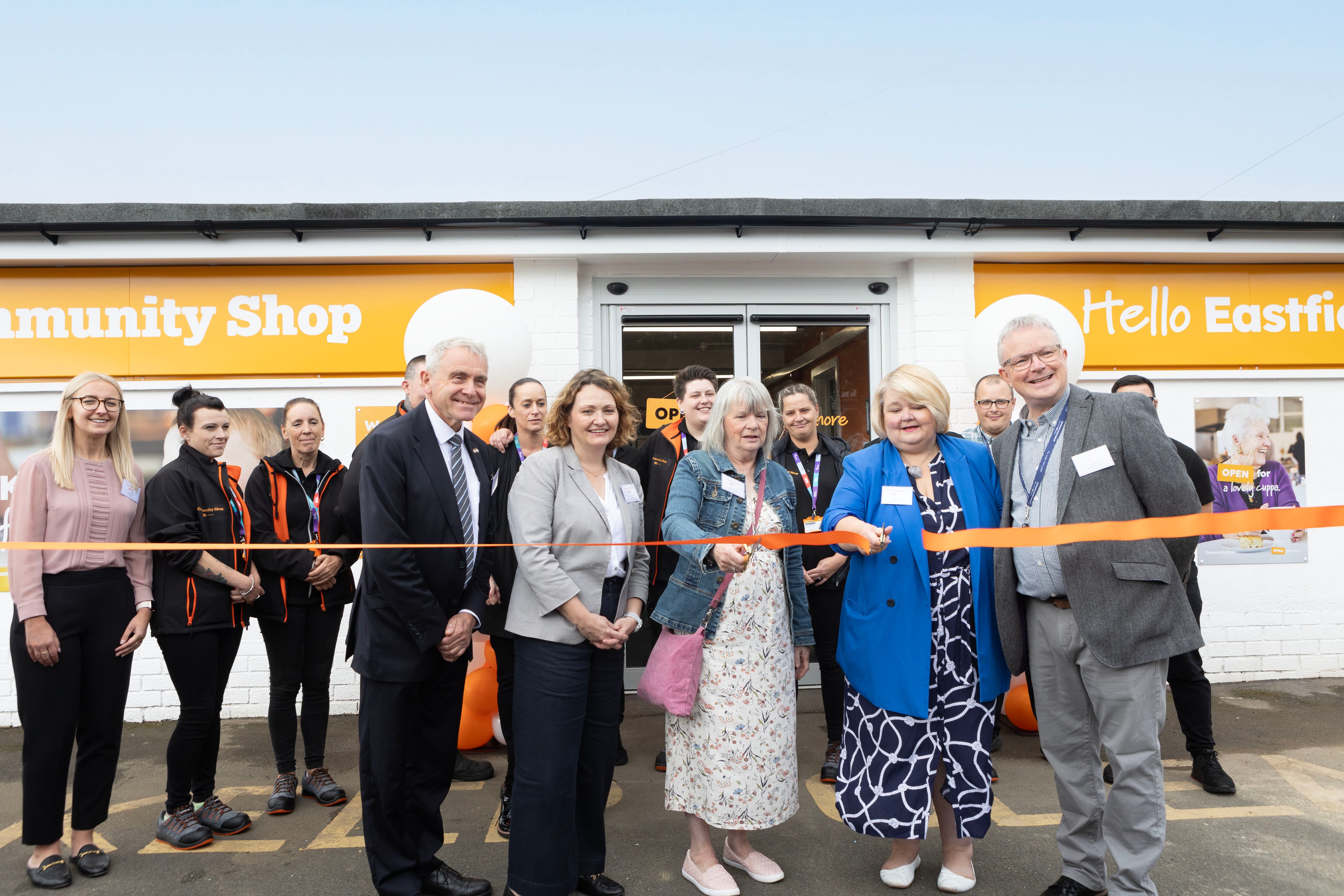The study found that storing frozen food at -15C, instead of the industry standard -18C, had no noticeable impact on product safety, texture, taste or nutrition.
Conducted alongside food science organisation Campden BRI, nine frozen food products including poultry, coated fish and natural fish, were tested at four different temperatures between -18C and -9C.
The products were then tested against eight key criteria at each temperature setting. There were changes noted in the sensory profile of mixed veg at -9C and salmon fillets at -12C, while the Vitamin C content of vegetables stored at –9C was altered.
However, there were no significant changes in product safety at any of the temperatures tested, with Campden BRI estimating that for every 3C increase in temperature, freezer energy consumption decreases by 10% to 11%. Reducing energy usage could also help manufacturers cut costs.
Study shows potential to ‘significantly reduce energy use’
Speaking after the study was published, chief executive at Nomad Foods Stéfan Descheemaeker said that frozen food manufacturers could slash energy use without product reformulation.
“Delivered at scale, this could revolutionise our industry and deliver substantial energy use and cost reductions for manufacturers, food retailers and consumers and further reduce the carbon footprint of frozen food products,” Descheemaeker added.
“This is not something that we can deliver on our own and so we look forward to sharing our results with trade bodies, retail partners and other key stakeholders to explore opportunities for broader collaboration.”
Meanwhile, Campden BRI chief executive Peter Headridge described the study as a “visionary project” that could prove a “world changing” solution.
Nomad Foods owns a number of frozen brands including Birds Eye, Findus and Igloo, operating in 13 countries across Europe.
In other news, Tesco has introduced new packaging on a limited number of lines to ensure that products stay in better condition.





